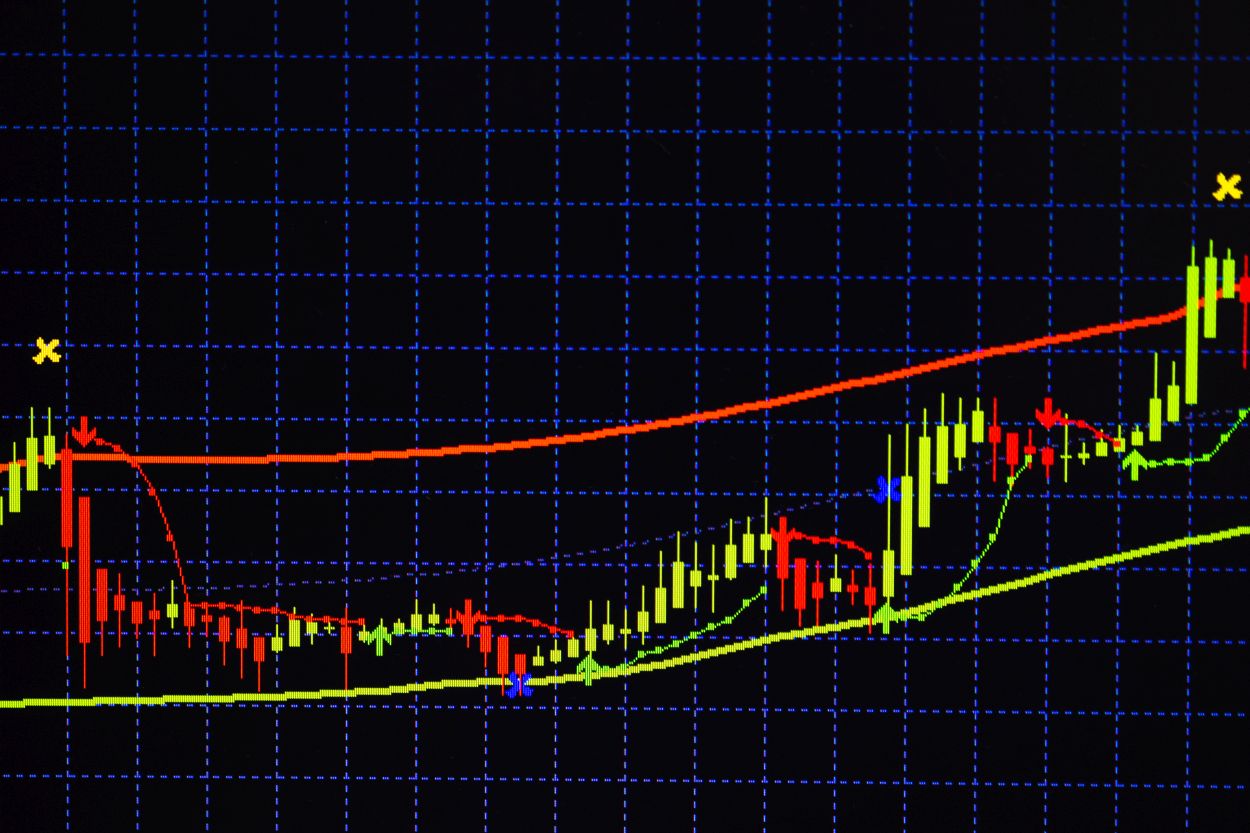If Russian gas flows to Germany decline again, supply and production chains could be completely disrupted, German chemical giant Covestro said this week, warning that a sharp decline in gas supplies via Nord Stream would have a cascading effect on manufacturing activity in Europe’s largest economy.
“Due to the close relationship between the chemical industry and the processing and transportation sectors, a further deterioration in the situation is likely to completely disrupt supply and production chains,” Covestro said in a second-quarter earnings announcement, adding that “the environment is becoming increasingly complex.” .
If gas supplies were to be rationed this year, “it could lead to a partial load or a complete shutdown of individual Covestro production facilities, depending on the amount of reduction,” said the chemical giant, whose German sites account for about a quarter of its production capacity worldwide.
Like many other major gas users in the industry – not only in Germany, but also in the rest of Europe – Covestro is taking various measures to reduce gas needs, including by switching to oil-fired steam generators. The company said it is also constantly working to improve existing and introduce new production technologies to further reduce gas and energy consumption.
Covestro expects „further impacts on global supply chains, very high energy prices, high inflation and weaker global economic growth” amid the military conflict in Ukraine. It also revised its core income projections for 2022.
“Macro risks rose again in the second half of the year, especially due to very high energy costs and uncertainty about gas supplies to our facilities in Germany,” said CFO Thomas Töpfer.
The chemical and other German industries have been forced to cut or consider cutting production due to very high energy prices and reduced gas supplies from Russia. The chemical industry is the third largest industrial sector in Germany after the automotive and mechanical engineering industries. It is also the largest gas consumer in the country, accounting for 15% of total gas consumption.




